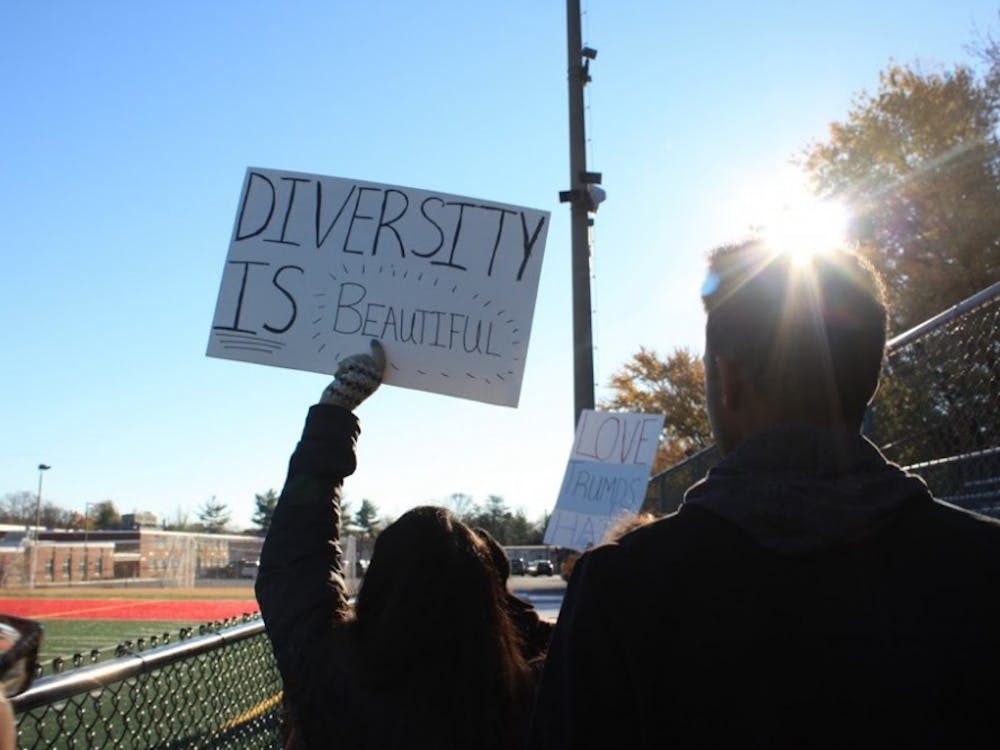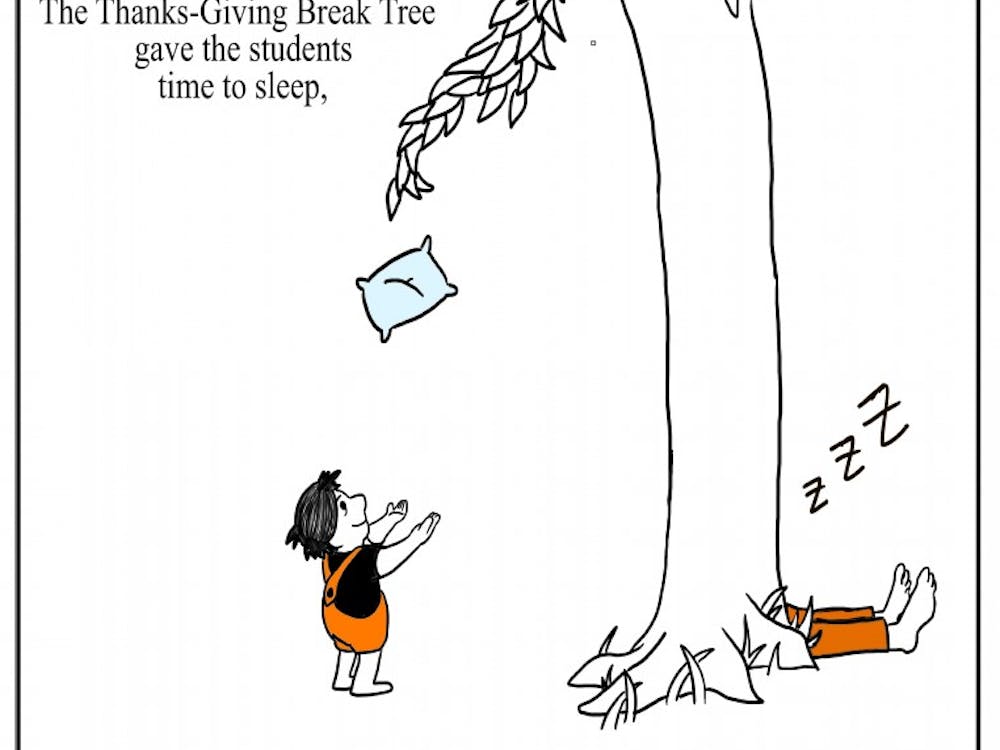Giving more than a face to struggle
Sabrina SequeiraThe visual depiction of human suffering in charity commercials is necessary for provoking an emotional response from viewers that could yield donations for the organization in question. However, visual advertisements risk objectifying those that are struggling. Commercials should extend beyond the stationary photo. Videos could more appropriately narrate the character of the people they depict.







